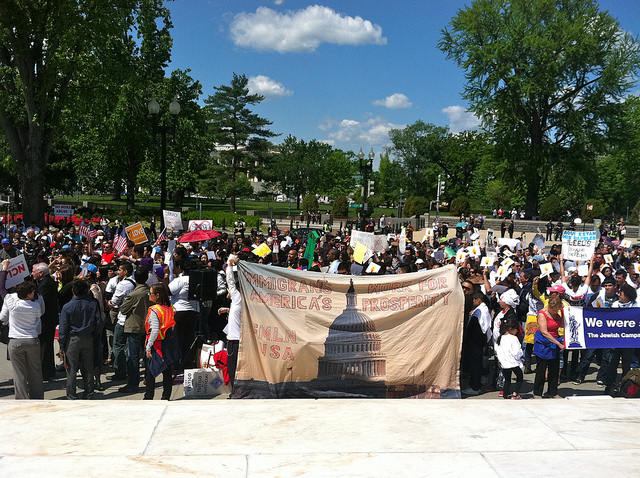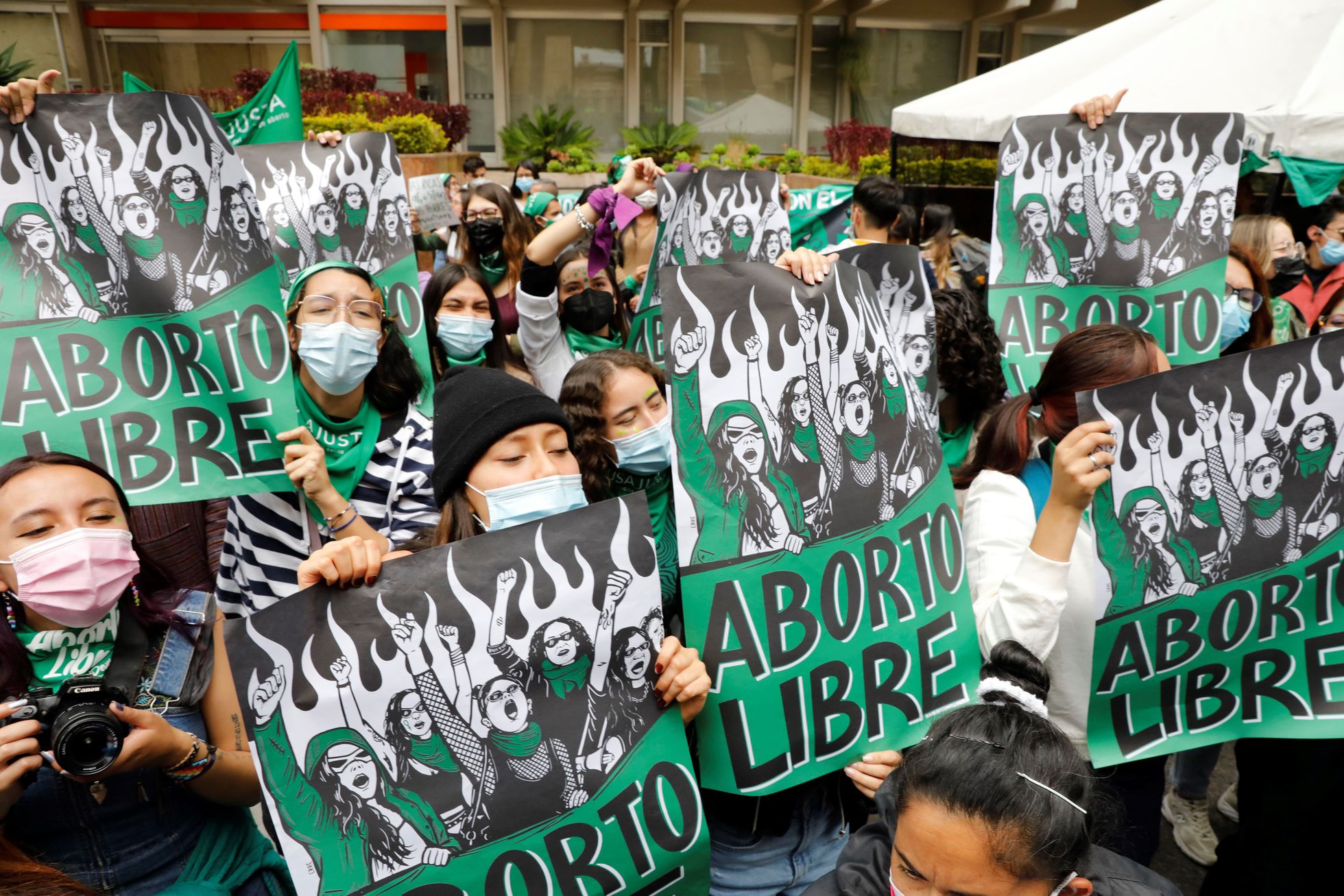
Latin America: Week in Review
Ele Sim: Jair Bolsonaro becomes Brazil’s new president
October 29, 2018 By Staff
TODAY IN LATIN AMERICA
BRAZIL: Brazilians have chosen Jair Bolsonaro as their new president. Bolsonaro, a far-right politician for the Social Liberal Party won with a 55.7 percent lead. Fernando Haddad, his main opponent, only got 44.3 percent of the votes.
The two candidates were known as polar opposites, with Haddad’s campaign expressing great interest in helping minorities and favoring more inclusive policies. Bolsonaro, in contrast, was famous for insulting women, people of color and members of the LGBTQ+ community. However, he won much praise after promising to cut government spending and the high levels of violence and corruption that have plagued Brazil for the past decade.
Bolsonaro was able to find supporters within minorities. Many supporters said that his fight against corruption and his crackdown of violence mattered more to them than their own personal preferences. Others suggested that his comments were misunderstood and that they did not represent actual dislike. In addition, many women said they would rather vote for someone who upheld traditional family values.
Despite the highly controversial and conflicted race, the Organization of American States reported that the elections were held with “tranquility and normality.” Brazil’s top electoral court announced that no acts of violence were reported and called the elections “a celebration of democracy.”
HEADLINES FROM THE WESTERN HEMISPHERE
NORTH AMERICA
MEXICO: On Saturday, Mexico City celebrated its third annual Día de Los Muertos parade. The event paid special tribute to many fallen Central American migrants just days after the caravan made news for passing through Mexico on their exodus North. Traditional celebrations on Nov. 1-2 will include music, drinks, decorated altars honoring the dead, and peaceful family gatherings at cemeteries.
UNITED STATES: Latinos in America are bearing the brunt of Trump’s administration, according to a new Pew Research survey. Almost 50 percent of Hispanics said their situation has gotten “worse” in the past year, a 33 percent bump since the 2016 elections. Over two-thirds believe the government’s Zero Tolerance policy has disproportionately harmed their own people. Most of them, for example, are afraid that they know someone who will be forcefully deported and separated from their family.
MEXICO: In Arriaga, Chiapas, thousands of migrants found themselves at a standstill blocked by over 100 Mexican federal officers near the northern part of the city. After two hours, Mexican police cleared the way. President Enrique Peña Nieto offered shelter, medical care, schooling and jobs to the migrants in his efforts to keep them from reaching the border, but the caravan rejected his plan and said they wanted to arrive safely in Mexico City before discussing any further agreements.
CARIBBEAN
PUERTO RICO: A group of activists demanded that the San Juan Zoo be closed, following reports of deaths and improper care of animals. The Animal Legal Defense Fund, a California-based non-profit that “protects the rights of animals,” urged Puerto Rican authorities to relocate animals — including elephants, chimpanzees, red kangaroos, and rhinoceros — to sanctuaries. The zoo is currently closed to the public and it is uncertain whether it will reopen.
HAITI: On Friday, former Director General of Haiti’s National Police Godson Orélus was charged in Port-Au-Prince for complicity in transnational crime and illicit trafficking of firearms and ammunition, Haiti Libre reports. The sentence comes two years after Haitian authorities seized containers filled with military equipment at the St. Marc port.
CENTRAL AMERICA
EL SALVADOR: Yesterday, a new migrant caravan left from San Salvador. Inspired by their 7,000 Honduran counterparts, a group of around 300 Salvadorans departed the country’s capital, accompanied by the national police. The group, organized via social media, has become the third Central American caravan heading northward to the United States. The first caravan is currently in Tapanatepec, Mexico, while the second one is at the Mexico-Guatemala border.
NICARAGUA: Three human rights activists were denied entry to Nicaragua on Friday. Marcia Aguiluz, director of the Center for Justice and International Law, and two other representatives reported that border authorities at the Managua airport were ‘arbitrary’ in the assessment of their entry to the country. The activists, visiting Nicaragua to meet with the Inter-American Commission on Human Rights and the Special Follow-up Mechanism for Nicaragua, were expelled from Managua.
ANDES
VENEZUELA: On Friday, Spain’s National Court ruled in favor of the extradition of former Venezuelan public servant Claudia Díaz. Díaz, who served as Hugo Chávez’s nurse and eventually became one of the former leader’s close aids, ended up managing public funds from oil exports. Venezuela is currently trying to prosecute her for alleged money laundering and is also asking for the extradition of her husband, Adrián Velásquez, a former member of Chávez’s security team.
PERU / ECUADOR: Peru’s Minister of Agriculture and Ecuador’s Minister of Environment signed a three-point agreement that will establish new protocols to protect the natural resources of both countries. The agreement, which is set to last five years, establishes that the two countries will control and monitor their natural resources, keep a watchful eye for illegal trafficking, and set new protocols regarding intervention, joint patrolling and repatriation of species.
SOUTHERN CONE
ARGENTINA: The International Monetary Fund (IMF) announced Friday that it would increase the loan granted to Argentina, from $50 billion to $56.7 billion — making it the largest bilateral loan in the institution’s history. Argentine President Mauricio Macri hopes that the loan will help the country restore the country’s economy. The announcement comes one day after Argentina’s Chamber of Deputies approved the 2019 budget, which complies with many of the IMF’s requirements. The budget, however, has been met with heavy resistance and rejection from citizens and syndicates.





